Hi there! Many of you have been asking about my favorite and most effective products for treating acne scars. We all get them, and we all hate them. With the right skincare routine, you can certainly work toward erasing those scars.
That said, it’s important to understand that there are different types of acne scars, and the treatment varies depending on the type of scar. Let’s dive into everything you need to know!
Types of Acne Scars
When evaluating acne scars, we categorize them into two main types: discoloration and texture changes. Here’s what that means:
Discolored Acne Scars
Once a pimple heals, you may notice discoloration on your skin, which often appears as either:
- Post-inflammatory hyperpigmentation (PIH): A melanin response that leaves dark marks on the skin. This is more common in darker skin tones due to higher melanin production. Causes include inflamed pimples, skin injuries (like cuts or scratches), or UV exposure.
- Post-inflammatory erythema (PIE): Pink or red marks caused by a vascular response to inflammation or irritation. This can happen from picking at pimples or overexposure to the sun.
Textural Acne Scars
These scars result in visible changes to the skin’s surface and include:
- Depressed scars: Pits or depressions in the skin due to insufficient collagen production during healing.
- Raised scars (hypertrophic scars): Thicker, raised scars caused by excess collagen production.
Treatments for Discolored Acne Scars
To treat PIH or PIE, I recommend anti-acne treatments that also address hyperpigmentation or redness. Key ingredients to look for include:
- Azelaic acid
- Kojic acid
- Tranexamic acid
- Niacinamide
- Exfoliating agents like glycolic acid
These ingredients help fade discoloration and smooth your skin tone.
Treatments for Textural Acne Scars
For depressed scars, skincare alone is usually not enough. You may need professional treatments such as:
- Subcision procedures
- Resurfacing lasers
- Chemical peels (like TCA cross)
- Microneedling or radiofrequency microneedling
- Filler injections for deep scars
For raised scars, cortisone injections are highly effective for flattening and softening the scar. Other options include laser treatments and even scar massage (though massage provides minimal improvement compared to professional treatments).
Factors That Affect Acne Scarring
Certain factors increase your likelihood of scarring:
- Depth of the pimple: Deep cysts or nodules are more likely to scar.
- Picking or irritating the skin: This worsens the risk of scarring.
- Genetics: Some people are more prone to scarring depending on how their body produces collagen during healing.
Recommended Skincare Routine for Acne Scars
Morning (AM) Routine
- Cleanse: Use a gentle or exfoliating cleanser. I recommend the GlyDerm Gentle Exfoliating Cleanser.
- Treat: Apply an anti-acne treatment with azelaic acid. Some great options include:
- The Ordinary Azelaic Acid Suspension 10%
- Naturium Azelaic Acid 10%
- Paula’s Choice Azelaic Acid Booster
- Protect: Sunscreen is crucial! Look for a hydrating mineral sunscreen like:
- EltaMD UV Clear SPF 46 (contains niacinamide)
- CeraVe Hydrating Mineral Sunscreen
Evening (PM) Routine
- Cleanse: Wash your face with a gentle cleanser.
- Treat: Apply azelaic acid or a prescription treatment like tretinoin (available through your dermatologist). Over-the-counter retinol can be an alternative.
- Moisturize: Use a soothing moisturizer with ingredients like niacinamide or centella asiatica.
- Exfoliate (1-3 times per week): Try products like:
- The Ordinary Glycolic Acid 7% Toning Solution
- Dr. Dennis Gross Alpha Beta Universal Peel Pads
Patience Is Key
One of the biggest pieces of advice I can give is to be patient. Scars take time to heal—there are no overnight miracles.
Final Tips
- Stop popping your pimples. Picking at your skin only worsens scarring.
- Wear sunscreen daily. This protects your skin and prevents scars from darkening.
By following this skincare routine and incorporating effective products, you can improve your acne scars over time. Remember, persistence and consistency are crucial.
Thank you for reading, and let’s work together toward your mind, body, and skin wellness.

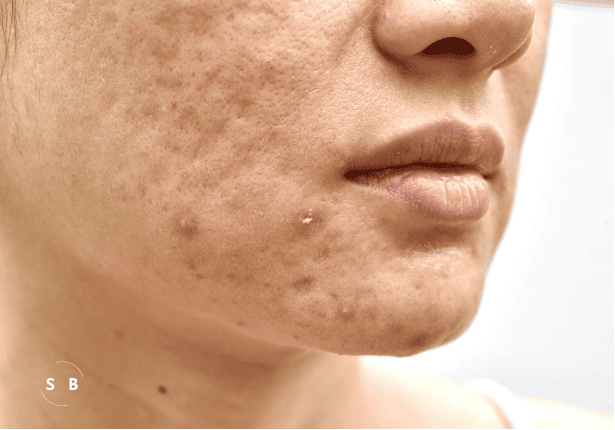

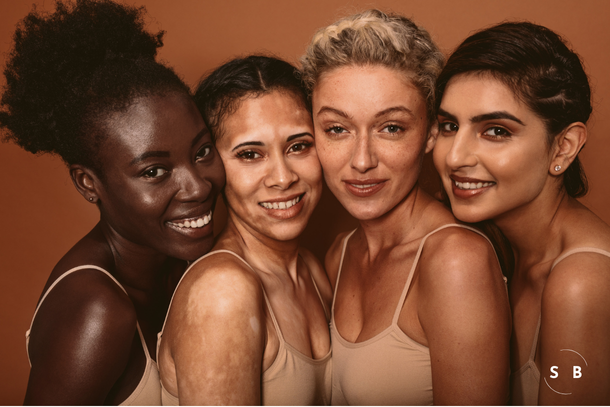
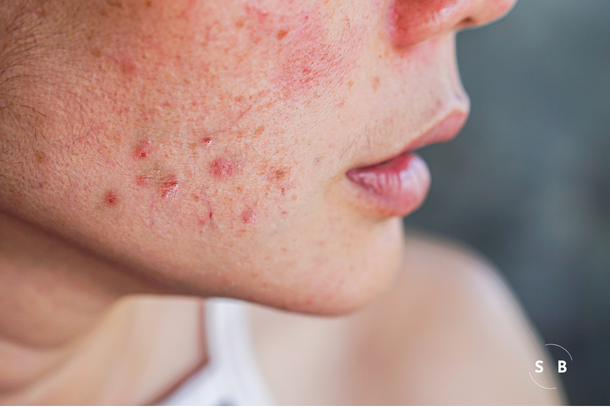
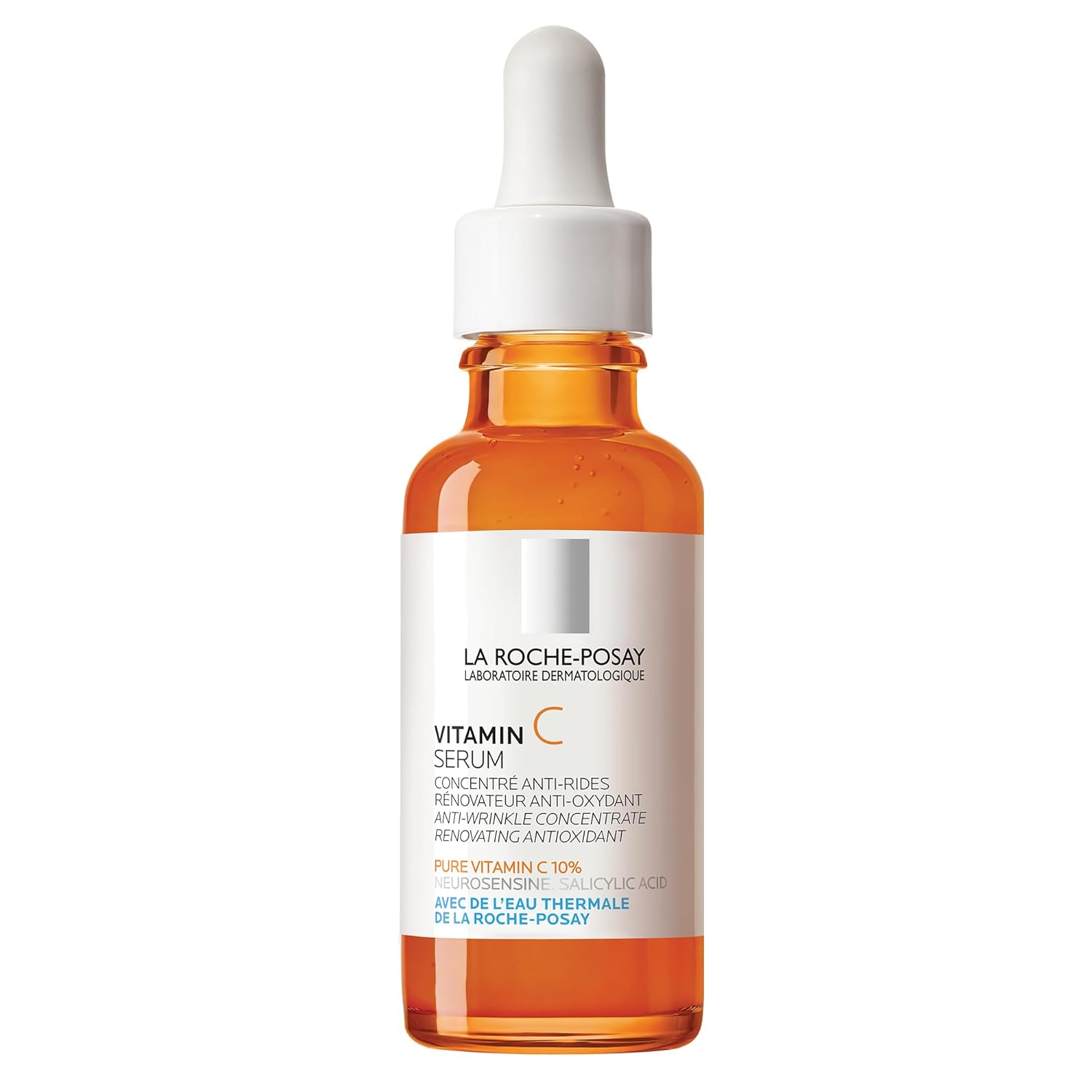
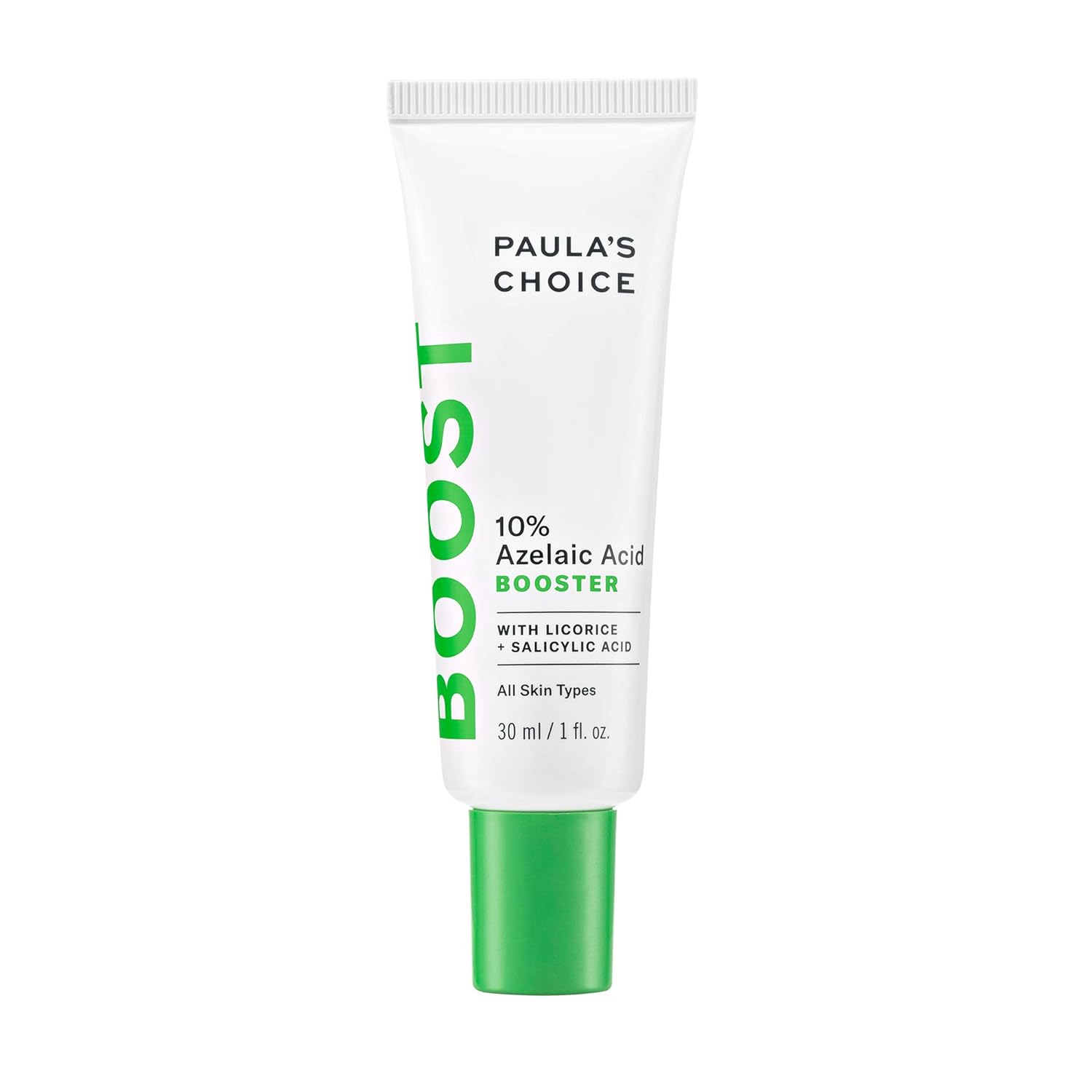
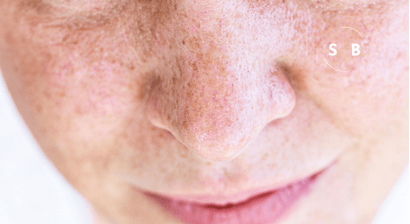
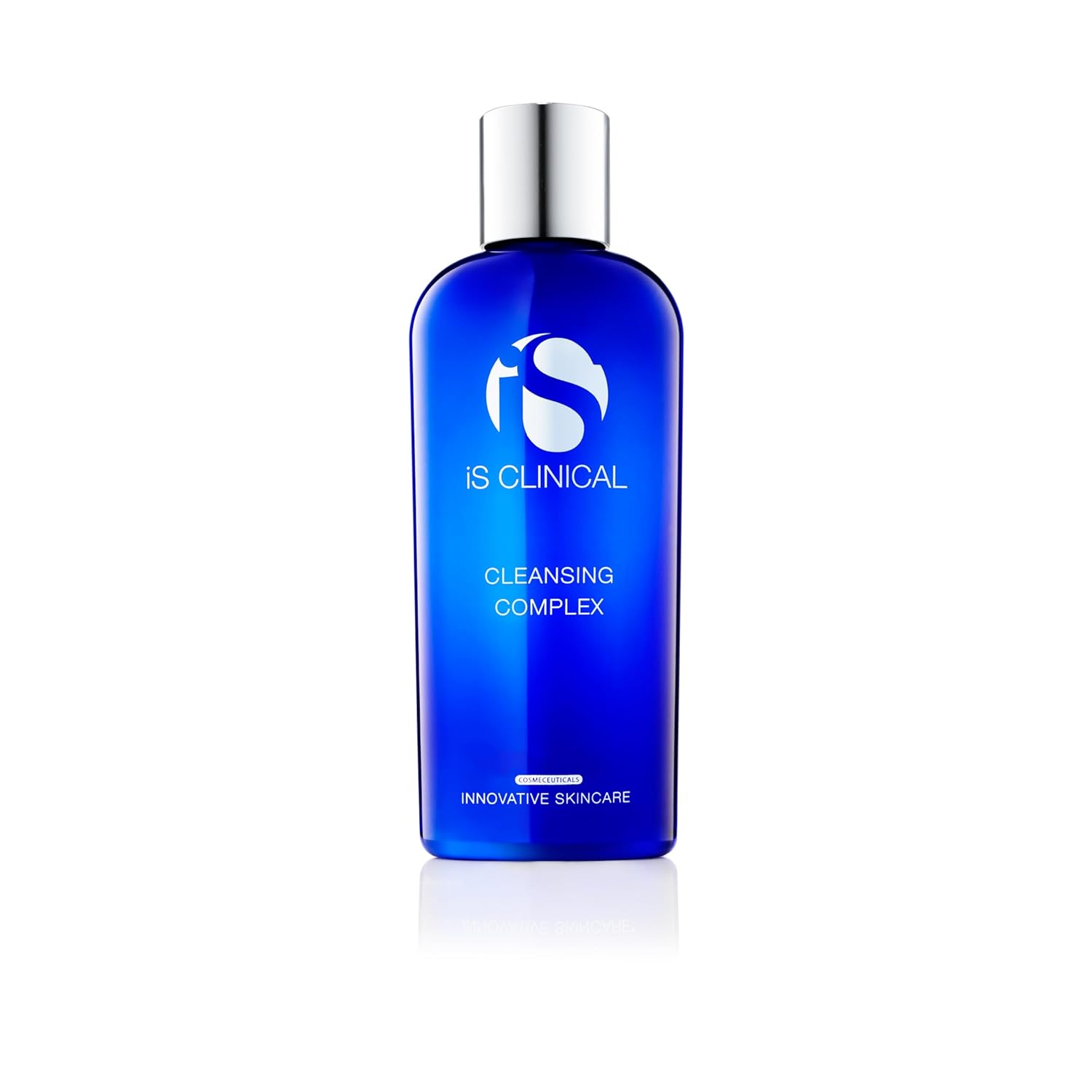
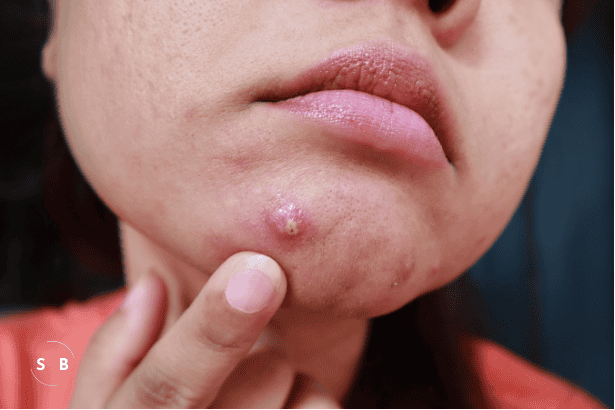
Leave a Reply